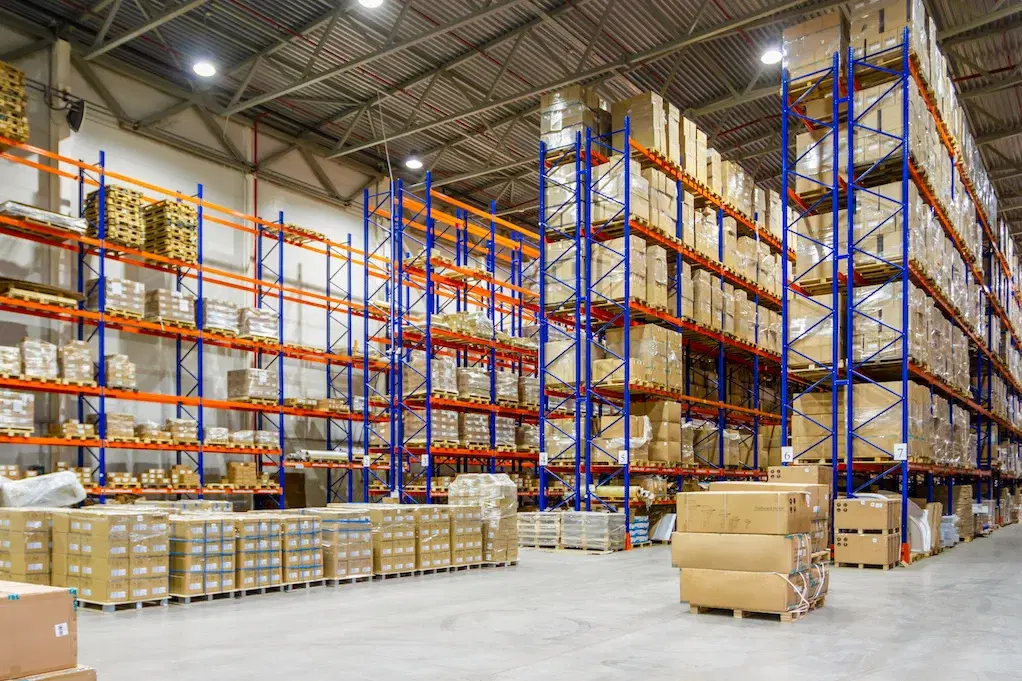The declining purchasing power of consumers has led to a 357.57 per cent rise in the inventory of unsold finished products of manufacturers in Nigeria to N1.24 trillion in the second half of 2024 (H1’24) compared to N271 billion recorded in the same period last year (H1’23).
This came as the Nigeria Employers’ Consultative Association, NECA, warned that if what led to these challenges is not addressed, it could herald another wave of business closures, higher unemployment rates and greater social dysfunction.
On its part, the Association of Small Business Owners of Nigeria, ASBON, noted that it is the removal of the import ban that led to high flooding of the Nigeria market with imported products and lowered competitiveness of made-in-Nigeria products.
In the report, MAN attributed the “alarming increase” to declining consumer purchasing power to escalating inflation, subsidy removal, and devaluation of the naira.
“The inventory of unsold finished products in the manufacturing sector surged by 357.57 per cent year-on-year, reaching N1.24 trillion in H1 2024.
“The high levels of unsold inventories reflect the challenges faced by consumers and the need for interventions to stimulate demand and improve the sector’s performance,” it stated.
The report also lamented that the over 200 per cent increase in electricity tariffs imposed by DisCos significantly raised the cost of electricity for manufacturers.
This, according to MAN, coupled with ongoing power outages, placed additional financial strain on the sector, forcing them to seek expensive alternative power sources.
MAN, however, noted that there was a 2.8 percentage point increase in capacity utilisation in the sector to H1’24 compared to H2’23, reflecting some recovery.
MAN also noted that investment in the manufacturing sector rose to N250.13 billion in H1’24, a 29.63 per cent year-on-year increase, mainly due to the depreciation of the naira, which inflated the cost of importing machinery and other essential assets.
Commenting on the report, Segun Ajayi-Kadir, Director-General of MAN, said: “H1’24 was marked by significant challenges for Nigeria’s manufacturing sector, including high operational costs, declining consumer demand, and rising inflation. While some sectors showed resilience and growth, others struggled with declining production values, rising inventories, and reduced employment.
“The report underscores the urgent need for Nigeria to implement decisive and coherent economic reforms to address these challenges.”


